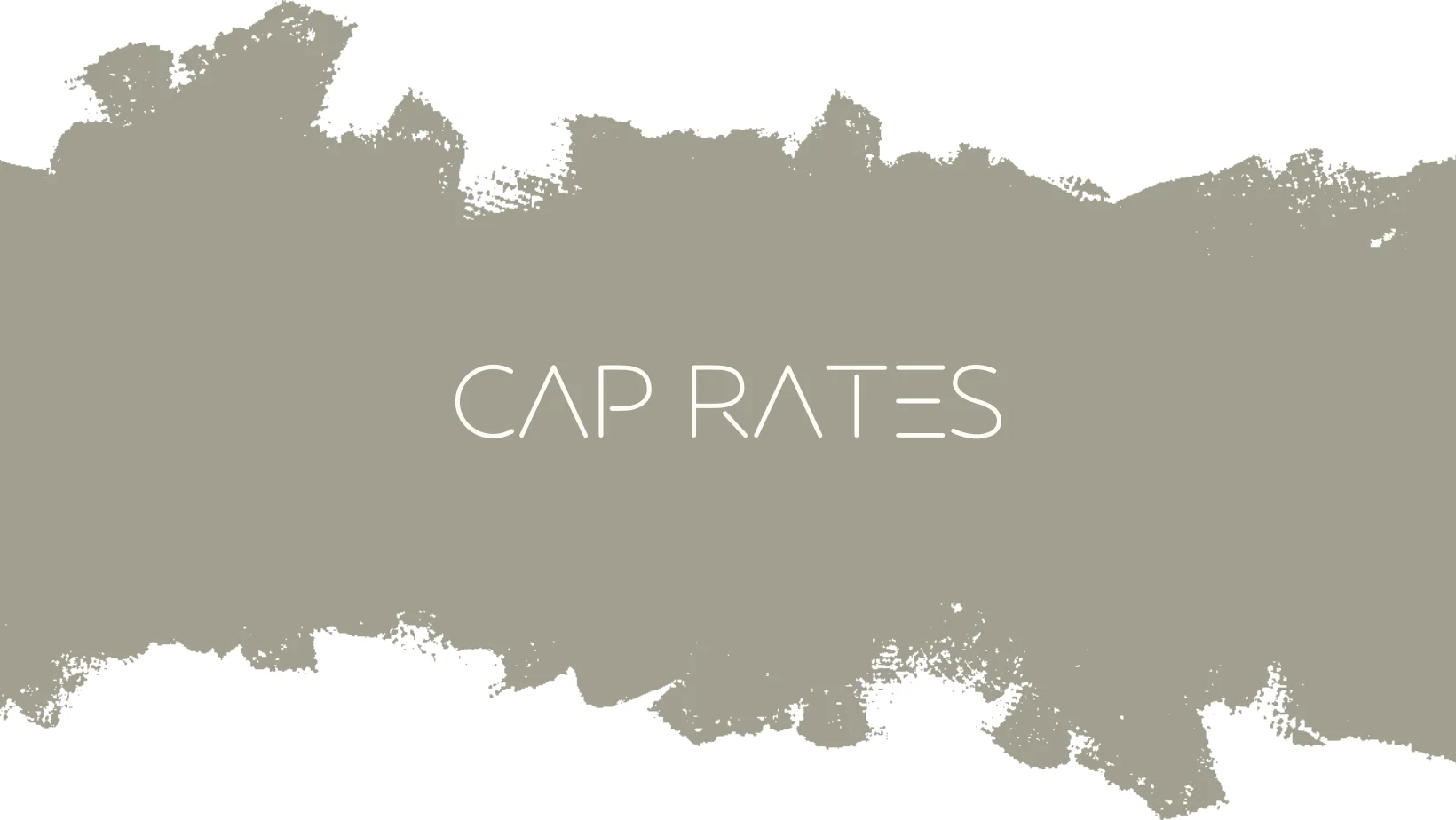Cap Rate

When discussing the financials of an investment property, you will often hear people discuss their property's capitalization rate – or cap rate –.
But what is a cap rate? And what defines a reasonable cap rate?
Let's break it down so that you can learn more about how a strong capitalization rate can signal a highly profitable investment property and how you can assess the cap rate of a property before you buy.
But first, before you plan on making any real estate investment, you need to take the time to sit down with an experienced mortgage broker to discuss financing options to ensure you get the best available mortgage that offers the best possible return on your investment. To help you start, click the link below for a free strategy call today.
What is the Cap Rate?
A cap rate is a tool used to indicate the expected rate of return on an investment property. This metric is most frequently used in commercial real estate, but the principle applies to most investment opportunities.
Essentially, the higher the cap rate on a property, the higher the rate of return and the greater the cash flow you can expect to earn under normal conditions. Of course, you still need to be aware that just because a property profits on paper, it does not mean a strong cap rate guarantees success.
Calculating Cap Rate
Suppose you are planning on calculating the cap rate of a property. In that case, you need to calculate a specific ratio between the property's net operating income (NOI) and its market value.
Net Operating Income
Before calculating your cap rate, calculate your Net Operating Income. This is the metric that compares the income made by a property to its operating expenses. This makes NOI different from cash flow because it excludes debts such as mortgage payments from the calculation.
For example, suppose a property earns $2400 monthly rent, but between insurance premiums, utilities, property management, and any other operational costs, you are spending $800 each month. In that case, you will have an NOI of about $1600 per month or a yearly NOI of $19,200.
You may also factor vacancies and sudden expenses into your calculation if you have the data. Still, if you are buying a property, you will likely need to use estimates provided by the seller.
Cap Rate Formula
Once you have your NOI, it is time to calculate your cap rate. Fortunately, there is an easy formula you can follow. The formula is:
Capitalization Rate = NOI/Market Value
If you have a property valued at $400,000 with an NOI of $19,200 annually, your cap rate would be 4.8%.
Typically, this would be considered low because the average 'ideal' rate is closer to 10%. Still, it is essential to remember that not every property will be a sizeable cash-flowing asset, and you may invest for other reasons.
If You Are Ready to Invest
If you are ready to invest in a property with a firm cap rate and excellent investment potential, we want to help you succeed with the best available rate for your mortgage. So, let's get to work with a free strategy call at the link below.
